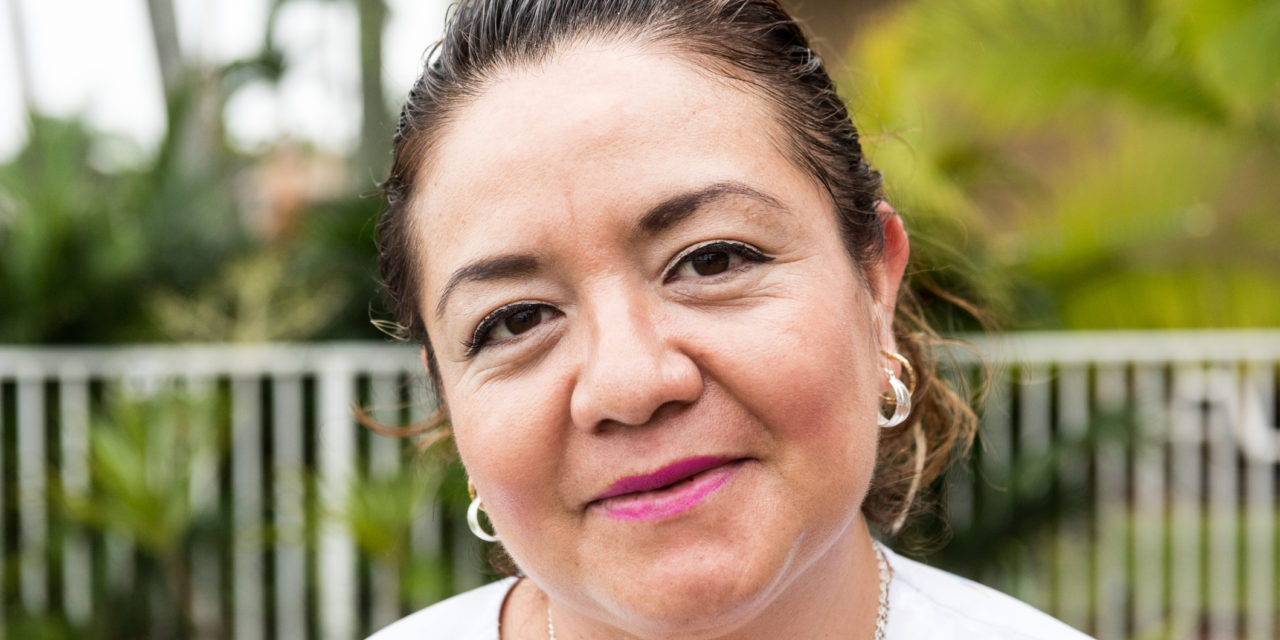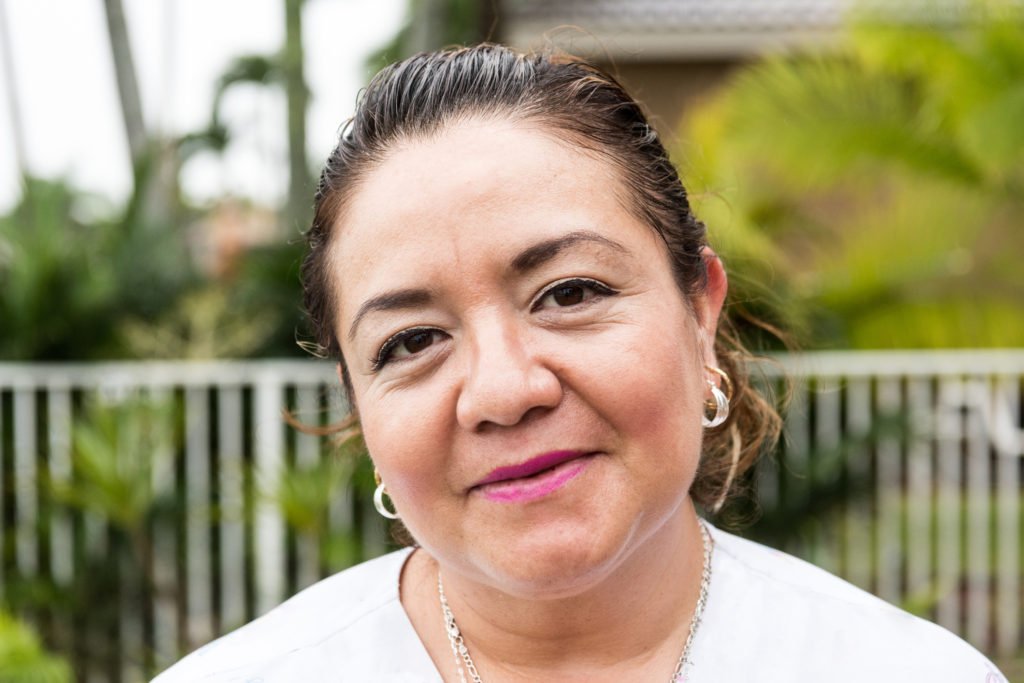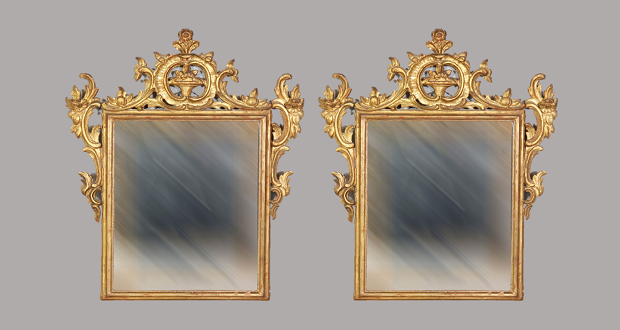Will I always be a hyphenated American? That’s been the question on my mind lately. Since the release of the 2020 Census data, I have been captivated by the hyphen. There is a simple, yet very existential American question in the hyphen.
We certainly didn’t need another census to inform us of the increase of diversity in our country. However, this official decennial process allows us the chance to contemplate the surrounding intricacies. In addition to the compilation of data, the census provides us with a chance to really ponder how we decide to look and label ourselves – both as individuals and as a nation.
We certainly didn’t need another census to inform us of the increase of diversity in our country. However, it provides us a chance to ponder how we decide to label ourselves – as individuals and as a nation. Share on XFor me, all this pondering comes through the lens of my personal journey to discover the history and roots of my family. I live less than a mile from what we call the “Border Highway” – the dividing line between the United States and Mexico. The high school I attended long ago was rightly named Riverside High School and is only a short stroll from the Rio Grande River itself. My parents were born in Mexico, and I would have been born there were it not for the Chamizal Convention of 1963, which literally cemented the Rio Grande’s flowing journey to serve as a fixed boundary in the area.
I grew up among people with the same brown skin, who learned to speak Spanish first, and without knowing it, had a mashup culture. We were neither fully American nor fully Mexican, yet when asked, we usually answered that we were “Mexican-American.” It was not until my adulthood that I observed this is also true for African Americans, Asian Americans, and many other groups of Americans too.
Google defines a hyphenated American as “an American citizen who can trace their ancestry to another, specified part of the world, such as an African American or an Irish American (so called because terms like African American are often written with a hyphen.)”
History proves that, except for Native Americans, we all can “trace our ancestry to another, specified part of the world.” Yet I observe that many Americans do not self-describe (hyphen pun not intended) themselves with a hyphen. Why not? Maybe it is a matter of time. Maybe in decades or generations from now, my children’s children will no longer be hyphenated. But is that the goal? Maybe out of respect to our ancestors and their journey, (not to mention the continual pursuit for a multi-racial democracy) we should all be hyphenated? Just as our surname connects us to our background, perhaps we should all start with “American” followed by our ancestry? I would then be American Mexican. Alas, I end up with many more questions than answers.
Except for Native Americans, we all can 'trace our ancestry to another, specified part of the world.' Yet many Americans do not self-describe (hyphen pun not intended) themselves with a hyphen. Why not? Share on XThen there are the politics of the hyphen. According to Wikipedia, that little vertical bar serving as a divider yet connector, has been used in the past to define someone as “not fully integrated into the American identity.” You can even choose to be a pro-hyphenate or anti-hyphenate. Do we take back the hyphen and make it our own? These issues surrounding the hyphen are not new. Modern English style guides now encourage dropping the hyphen but somehow it is still there for me – an invisible, yet ever present hyphen.
I look forward to our latest revival of diversity, equity, and inclusion work extracting much meaning from the latest census. Continuing the conversations on how we choose to define ourselves individually and collectively seems more important now than ever. In the meantime, my identity may have to be a sentence, without a hyphen. My identity will be like that river by my home, dividing two places – mashing together a little from here and a little from there. “I am an American and of Mexican descent. How about you?”
My identity will be like that river by my home, dividing two places – mashing together a little from here and a little from there. 'I am an American and of Mexican descent. How about you?' Share on X




















I love this article. I never pondered the thought of all of us can trace our ancestry to somewhere else. So now I seek an answer to your question. Why are people of color the only ones asked to use the hyphen. I was born in the U.S.A. My ancestry reveals Africa along with some other countries in my gene pool. Neither of which make me less American. My name is Calvonia and I am an American with African descent. love, love , love this.